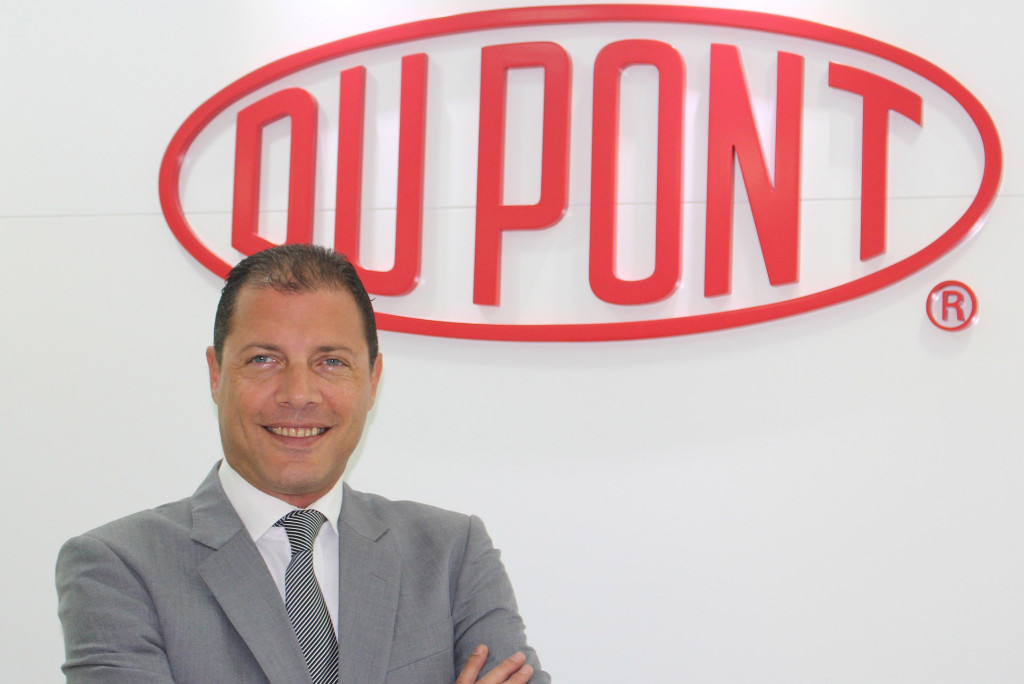2015 GLOBAL FOOD SECURITY INDEX INCREASES 1.2 POINTS ACROSS ALL REGIONS
Dubai, UAE—May 27, 2015 – DuPont, an integrated science company and the Economist Intelligence Unit (EIU), the research and analysis division of The Economist Group released the 2015 Global Food Security Index. Results reveal that food security improved in two-thirds of the 109 countries covered, with the average score rising 1.2 points.
The MENA region made significant improvements in food security between 2014 and 2015, increasing 2.4 points in its overall score due to gains in Affordability. This can be attributed to a combination of lower household spending on food and higher GDP per capita in 83 per cent of countries. The region also marked developments in Availability and Quality & Safety because of lower levels of food loss and increased access to high-quality protein, gaining more than 12 points in Food Loss Score, 16.7 points in Nutritional Standards, and 4.9 points in GDP.
The UAE has been the key driver for the MENA region’s outstanding improvement in the 2015 Global Food Security Index. The country rose 53.0 points from 2012 to 2015 to reach a current score of 75.6, while its GDP increased 7.5 points, the third highest in the region, ensuring higher levels of food security for its population. The UAE is also one of the five MENA countries to witness a positive change in its score in Nutritional Standards.
Amin Khayyal, General Manager, DuPont United Arab Emirates, said: “Government efforts and elaborate food safety programmes have resulted in rapid progress in global food security over the past years which have also contributed to the increased efficiency of food systems and improvements in the nutritional quality of food. The MENA region, in particular, experienced the largest regional increase, with its score rising by 2.4 points, ahead of Central and South America and Asia and the Pacific.
“At DuPont, food security is at the heart of our priorities. Across the globe, DuPont businesses – DuPont Pioneer, Crop Protection, Nutrition & Health, Packaging & Industrial Polymers, and Industrial Biosciences– are addressing food security with science-based innovations. DuPont is committed to driving food security efforts locally, sustainably and collaboratively with customers, business partners, governments and public-private partnerships to address these challenges,” he added.
Falling grain, sugar and dairy prices, sustained economic expansion in most regions and rapid growth in emerging markets and developing countries, have narrowed the gap between the most food-secure and the least food-secure countries.
“According to the 2015 Global Food Security Index, middle-income countries are undergoing transformational changes while upper-middle-income countries have made huge strides in ensuring that food safety-net programmes are comprehensive. The gains made by the MENA region in the overall score reflect positive strides in Affordability, Availability, and Quality & Safety indices. The increase in individual scores of the countries in this region will contribute in overcoming the challenge of global food security,” concluded Lucy Hurst, Project Director for GFSI, EIU.
The GFSI is an annual measure of food security across 109 countries, produced by The EIU and sponsored by DuPont. The index looks at 19 specific measures of food security across three broad categories: Affordability, Availability, and Quality & Safety. The index takes a benchmarking approach in its assessment, considering the dynamics of national food systems.
For more information on the interactive Global Food Security Index, including definitions of the 28 global indicators, impact of changing food prices, multi-country comparisons and more, visit: http://foodsecurityindex.eiu.com/.
DuPont is committed to driving food security efforts locally, sustainably and collaboratively; visit foodsecurity.dupont.com or follow the conversation on Twitter at #foodsecurity to learn more.

